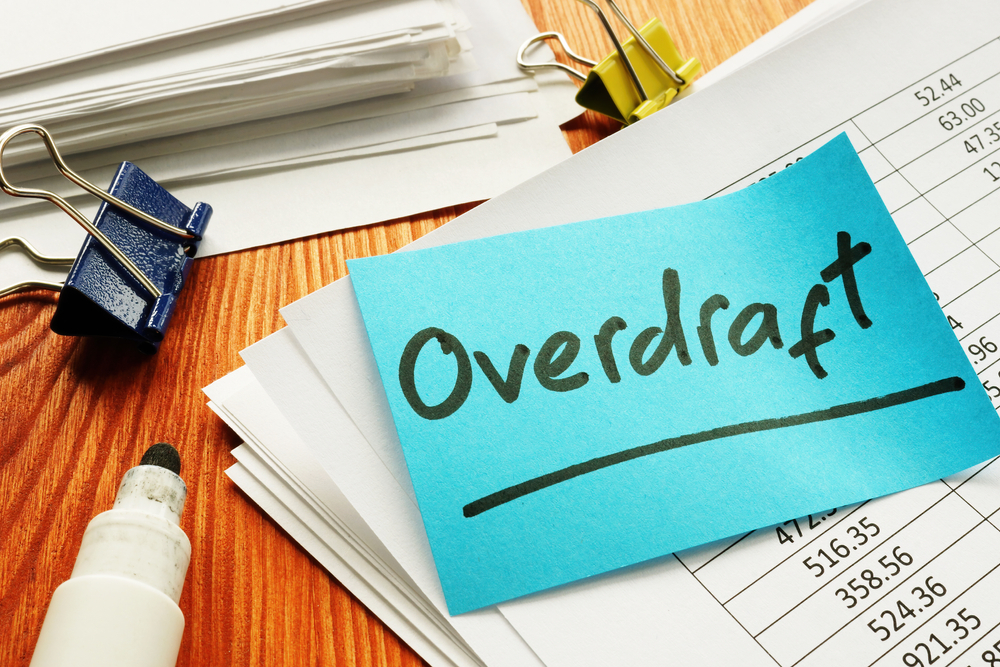News
One in three relying on overdrafts since lockdown

A third of people have dipped into their overdraft at some point since lockdown begun in March.
According to research by Compare the Market, bank customers are typically overdrawn by an average of £515 since lockdown began, rising to an average of £597 among those aged 45 to 54.
Of these, nearly a fifth (17%) are still stuck in the red.
The price comparison website also found that more than one in 10 (12%) people reported that they have applied for a credit card or personal loan payment holiday since lockdown began.
Broken down by employment type, furloughed workers have relied on their overdraft the most since the beginning of lockdown (46%), with a quarter of these (26%) still using it.
Running out of money by the end of the month (70%), making ends meet (66%), and paying outstanding bills (60%) are the main reasons why people used their overdrafts in lockdown.
Recent changes to the FCA guidance mean that where banks offered an interest-free amount to all arranged overdraft customers, some banks can now choose to change it only to eligible customers who request it.
This means some borrowers could be unaware that their overdraft fee has increased, or will increase soon.
Despite these incoming changes and payment holiday freezes being wound down, consumer awareness remains low. Two-thirds (67%) of bank customers don’t know what the interest rate on their overdraft is.
Compare the Market’s research also found that, on average, people feel it will take seven months for their finances to return to ‘normal’.
Nearly half (47%) are being cautious about their spending habits for the foreseeable future, while two-fifths (41%) are concerned about job stability.
John Crossley, head of money at Compare the Market, says: “Overdrafts can be a vital financing lifeline for those who need quick access to cash to tie them over in the short term. However, as some providers are starting to wind down interest-free overdrafts and quietly return to a 39% flat fee level, using an overdraft could soon become a more expensive way to source additional funds.
“There are alternatives that may turn out to be more cost-effective. Some credit card providers have a cheaper interest payment compared to an overdraft fee, while some still offer 0% APR or 0% balance transfer deals. However, as providers are tightening eligibility criteria, there is no denying it is much harder to find these – so it’s worth looking around to see what is available to you and using eligibility checkers. People should also be mindful that 0% APR deals tend to be time-limited, and after a fixed period – typically 12 or 18-months – revert to higher interest rates.
“Even if it’s only possible to make a small payment on your overdraft, this is better than nothing and helps reduce your interest. However, if you are struggling financially, it is worth getting in touch with your lender to ask for a further overdraft holiday extension if needed or seeking out financial help.”
A separate survey, from earnings on demand provider Hastee, found that since the pandemic broke, nearly half (41%) of respondents are relying on a loan, credit card or overdraft as a means to get by.
More than a third (37%) of those surveyed said they are being more cautious with their cash every month, while more than a quarter (27%) are needing to sacrifice essential purchases due to a lack of available money.